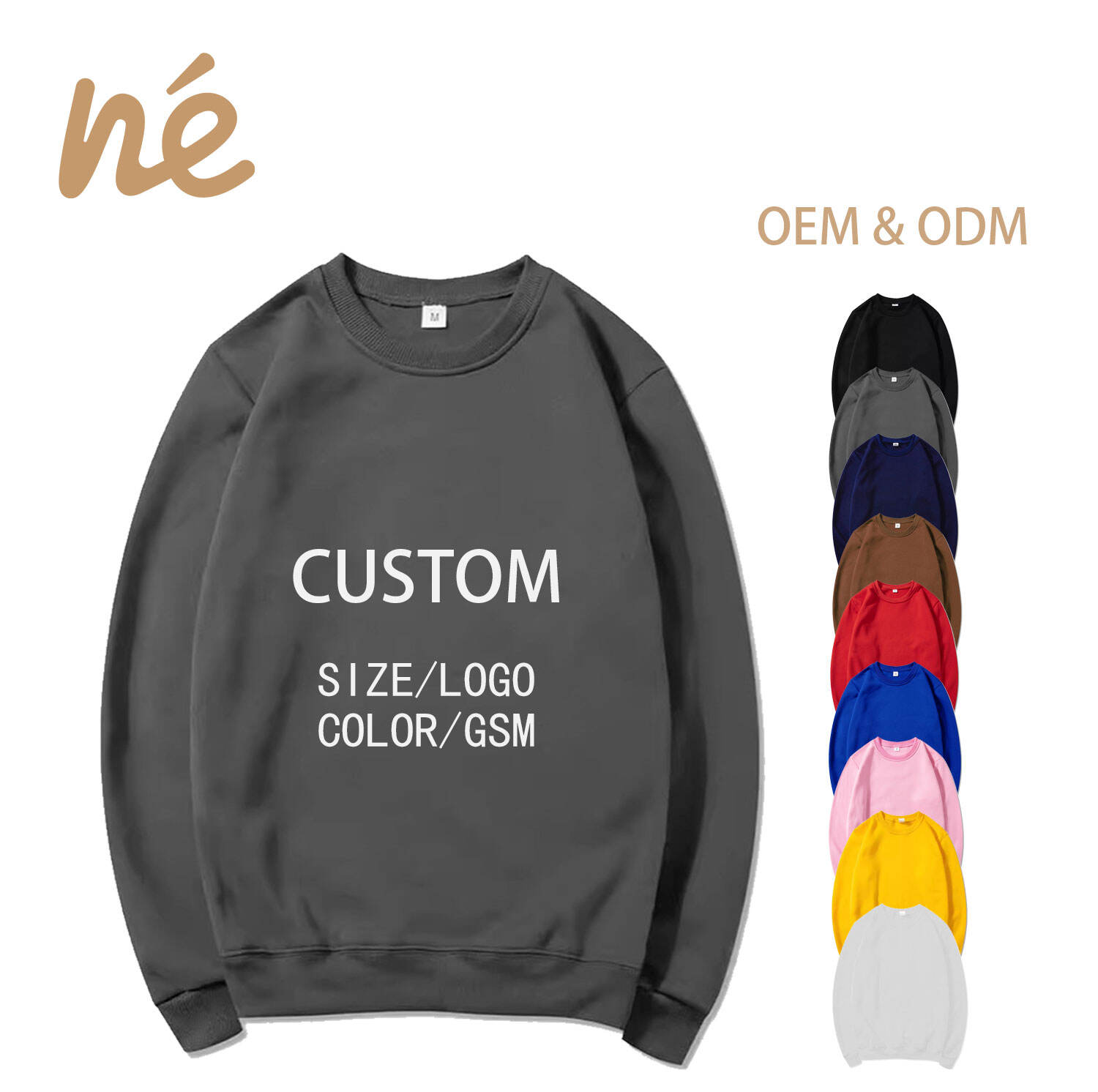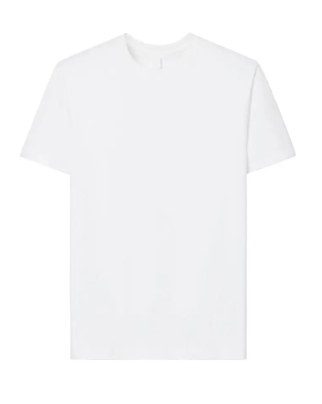textile garment manufacturing
Textile garment manufacturing represents a sophisticated blend of traditional craftsmanship and modern technology, encompassing the complete process of transforming raw materials into finished clothing products. This industry utilizes advanced machinery and equipment for cutting, sewing, and finishing garments with precision and efficiency. The manufacturing process incorporates state-of-the-art CAD/CAM systems for pattern making, automated cutting machines for precise fabric utilization, and specialized sewing equipment for various types of stitches and seams. Quality control measures are implemented at every stage, from fabric inspection to final product evaluation, ensuring consistency and durability. Modern textile manufacturing facilities also employ innovative technologies such as 3D body scanning for better fit, digital printing for intricate designs, and automated packaging systems. Environmental considerations are addressed through eco-friendly practices, including waste reduction, water conservation, and sustainable material sourcing. The industry serves diverse market segments, from fast fashion to high-end luxury wear, adapting production methods to meet specific quality and quantity requirements. This comprehensive approach to garment manufacturing ensures efficient production while maintaining high quality standards and meeting market demands.










